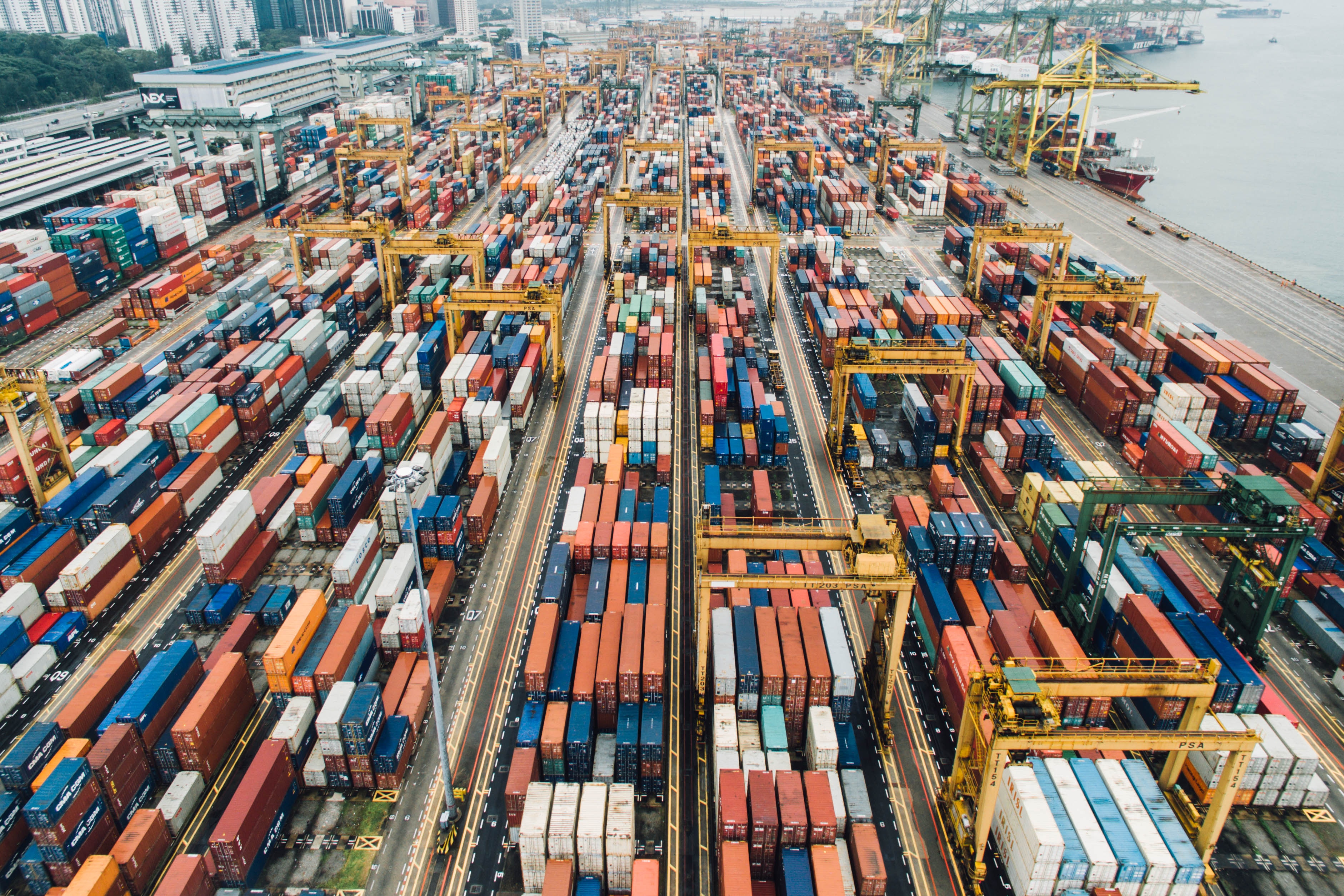The global climate crisis is now an emergency. Much more effective policy response is extremely urgent, especially now that the US Trump administration has thrown its carbon mitigation policies into reverse gear.
In a recent think piece, I sketched an illustration of a new policy to help citizens in high-polluting countries like the US make their national mitigation policies more effective and thus promote green growth. Countries that impose positive net taxes on fossil fuel use should extend the same treatment to all goods they import, unilaterally if necessary, provided they reduce those new import surcharges to reflect costs due to carbon mitigation paid to produce and transport the imported goods.
Virtually all industrial countries—as well as others—impose some domestic taxes on fossil energy use. The highest taxes are in Europe. These energy taxes raise the prices of fossil fuels and thus discourage their combustion, and it is widely believed that taxes can be one of the most cost-effective means to reduce these fuels’ harmful health and environmental side effects.
Each country that imposes positive net taxes on fossil fuel use at home (taxes minus subsidies) should set a default carbon surcharge (a border carbon adjustment) on each imported product equal to net fossil energy taxes applied on a competing home good throughout its supply chain. The government should deduct from this surcharge, for a given import shipment, to the extent that costs due to carbon energy taxes, or regulations that are comparable in effectiveness in reducing greenhouse gas (GHG) emissions, have already been paid on the imported good in any jurisdiction throughout its own supply chain.
An eventual complete proposal should satisfy three principles:
- Border carbon adjustments (BCAs) should aim for consistency with the World Trade Organization’s rules.
- Measures should impose the smallest possible additional transaction costs on domestic and international trade.
- Import surcharges should exempt all exports from the dozens of poor and middle-income countries whose CO2 emissions per capita are low -- peoples who are responsible for very little of the global climate problem yet are already suffering its worst consequences.
The paper suggests ways policy could meet all three principles. A number of legal experts have identified ways BCAs could be designed to be in line with the rules of the global trade arbiter. The proposed design might qualify for the exception for restrictive trade measures granted by GATT Article XX (g). Importing countries could reduce transaction costs for covered trading firms by using a two-stage administrative process: first establish a default import surcharge for a given good; second, authorize customs authorities to reduce the BCA’s value on a given shipment to the extent that the importer presents documentation showing that costs due to measures that are comparable in reducing greenhouse gas emissions were paid during those goods’ production and transport. The illustration exempts all exports from countries whose CO2 emissions per person are lower than the 2014 level of the median country in the Organisation for Economic Cooperation and Development, which would exempt exports from all but thirty-five countries. Aid donor countries should also consider using the new revenue to help vulnerable developing countries adapt to climate change and promote low-carbon development.
One major obstacle to bending the rising global emissions trajectory is domestic political resistance in high-polluting countries. Most notably, the United States is responsible for a greater share of historical GHG accumulations than any other country, and we Americans are still emitting the second largest quantity of new CO2 pollution each year. Per capita CO2 emissions in the US are double those in China and almost ten times those in India. The US has low taxation on fossil fuel use. A number of other countries also emit high carbon pollution per person. Even in democracies, policies favoured by majorities can be distorted or blocked entirely by small minorities’ well-financed lobbying. In the US, for example, a majority has favoured greater protection from global warming for some years, yet a minority has blocked the Congress from enacting national carbon pricing twice. Many national leaders and organisations have been campaigning for more serious climate action. Dozens of global businesses have called for a strong Paris agreement and pledged to reduce their carbon footprints. Yet markets are shifting much too slowly and few major exporting firms in highly-polluting countries are prioritising lobbying in their capitals for sufficiently effective national mitigation policies.
New green barriers in their major foreign markets will give these exporters a powerful incentive to join the climate campaign, and their joining would amplify the campaigns’ political influence enormously. Meanwhile, BCAs that include credits for taxes and regulations applied to the imports’ production will give covered governments a direct incentive to improve their mitigation.
The paper also addresses several possible objections. Responding to an obvious one from trade experts: paradoxically, trade itself in the long term needs carefully limited trade restrictions like these in the short term.
It is too late for further delay.


